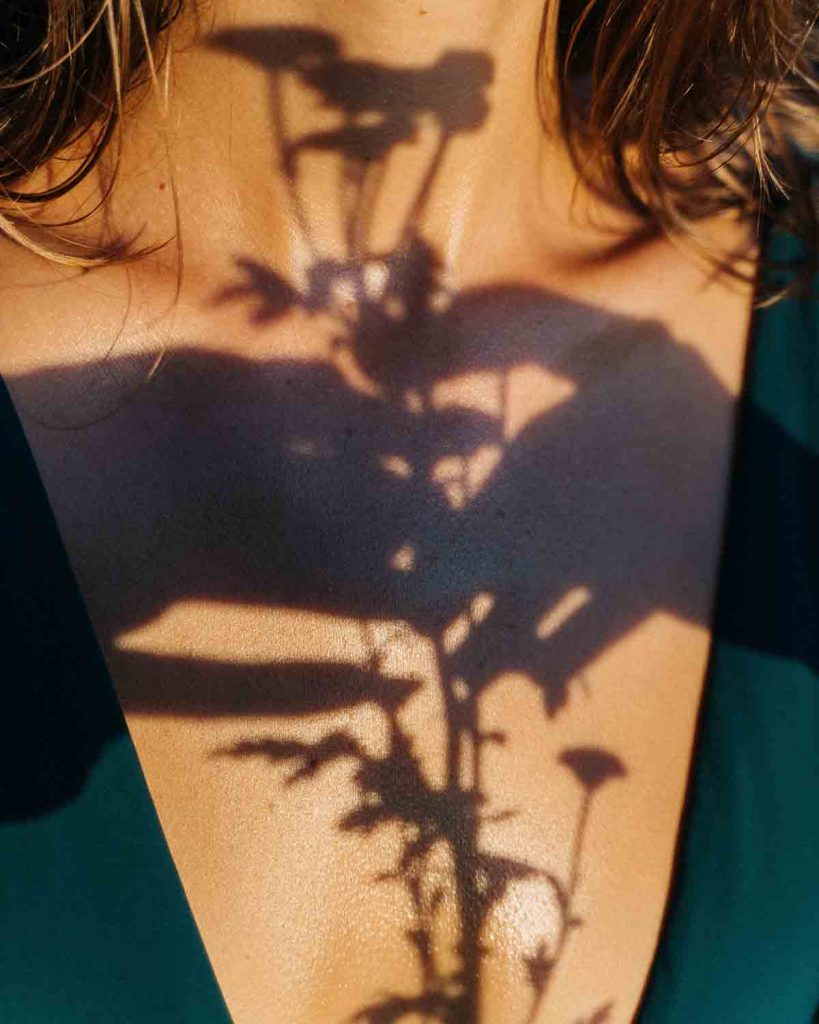Skincare is often treated as a largely surface-level issue. This is understandable to an extent, as people tend to associate skin with traditional standards of external beauty. As such, much of the focus of daily care routines is locked into caring for the skin externally.
While these elements are certainly important to maintain good skin, you should still try to go deeper. This is where a holistic approach to skincare can be valuable. The practice is rooted in an understanding that your skin is a reflection of multiple areas of wellness. As a result, routines aren’t only directed toward treating topical symptoms or maintaining a youthful appearance.
Rather, it’s an approach to creating care regimens geared toward the mental and physical wellness actions that influence healthy skin. And when adopted effectively, your commitment to holistic skincare can also minimize harm to the environment.
Let’s take a moment to further explore holistic skincare practices to benefit your body, mind, and the planet.

Limit Potential Exposure to Risks
Preventing exposure to risks is one of the most important aspects of holistic skincare. This applies to both hazards that directly impact your skin and those affecting other areas of your well-being.
UV Exposure
While ultraviolet (UV) exposure may seem like an obvious starting point, it’s something all too easy to overlook. Luckily, opinions about sunscreen are one of the biggest changes in skincare, with more professionals advocating for its use.
Dermatologists have found that while attitudes about sunscreen vary, it’s safest to use the highest sun factor protection (SPF) you can find and to reapply frequently. For further environmental benefits, it’s best to utilize mineral sunscreens that don’t come loaded with unnecessary chemicals.
Stress, Stress, Stress
One of the less obvious holistic skin health risks you should limit exposure to is stress. While there’s no direct contact with your skin, this strain on your mental wellness can cause a range of dermatological issues.
The biological imbalances produced when you experience stress have been linked to acne, dry skin, and rashes. It’s not always possible to avoid stress entirely. However, it’s worth doing what you can do to address triggers in difficult circumstances you know you’re going to face like road trips, work projects, and family gatherings.
Be Mindful of Your Intake
Holistic skincare isn’t just about what you put on your face. It’s also about what you put inside your body.
You may already be taking nutritional supplements purported to result in healthier skin or other holistic wellness benefits. However, it’s important to be aware of mislabeled over-the-counter supplements, many of which claim to promote skin health or provide important nutrients. Some have been found to contain pharmacological ingredients that haven’t been declared or fully investigated by the U.S. Food and Drug Administration (FDA).
While the FDA regulates this market, it isn’t able to keep up with demand and test all available products. This means there isn’t always a guarantee that supplements are safe. Further, the cumulative effect of the production and disposal of pharmaceuticals can contribute to environmental damage. As such, it’s important to perform thorough research into any supplements you use to ensure they’re safe for you and the environment — or to simply avoid them entirely.
Proper Nutrition and Hydration
Rather than using supplements, a better route to holistic skincare is staying hydrated and eating a balanced diet.
At the most basic level, staying well hydrated is an essential part of maintaining both the cleanliness and condition of your skin. It also helps to keep your body in good working order.
Eating leafy greens and nuts can mitigate vitamin E deficiencies that can cause breakouts. Omega-3 fatty acids found in fish, goat cheese, and avocados are also considered to have anti-inflammatory effects. As with any aspect of your diet, though, you’ll get the most holistic benefits from eating a diverse range of foods, rather than overloading on specific food groups or nutrients.
Adopt Good Mental and Physical Health Routines
One of the most important things you can do to maintain a holistic skincare practice is to prioritize overall physical and mental health. As with so many other areas of your skin wellness, consistency is key here. It’s vital, then, to adopt physical and mental self-care routines into your daily schedule.
From a psychological, emotional, and spiritual health perspective, mindfulness is an important tool. Even just taking 5 minutes a few times a day to check in with yourself can have a holistic impact. Try to understand how you’re feeling and what challenges are weighing on you. This can empower you to take actions to minimize stress and anxiety that impact both your skin and your general well-being.
Alongside mindfulness, physical exercise is an important component of holistic skincare. You’ll find regular physical activity not only keeps your body healthy and boosts your immunity, but it also stimulates blood flow. This helps your skin to get the oxygen and nutrition it needs to stay healthy.
You can utilize gentle exercise that you can combine with meditation, like a daily yoga practice. However, it’s also worth considering how a more active routine can produce sweat to help keep pores clear. In either case, your regular workout can help ensure you also get the good quality sleep your body, mind, and skin need to thrive. Best of all, the above techniques also have minimal environmental impacts, depending on the approach you choose to take.
Conclusion
A holistic skincare routine can help keep your skin looking and feeling great while also benefiting your whole self and the planet. This begins with mitigating potential risks to your skin and your mental health. You should also consider minimising supplement use in favour of a balanced diet. Adopting regular physical and mental wellness routines into your schedule helps to promote a lifestyle that can result in healthier skin. It takes some commitment and discipline, but the results are worthwhile.
Photography by Anna Tarazevich




